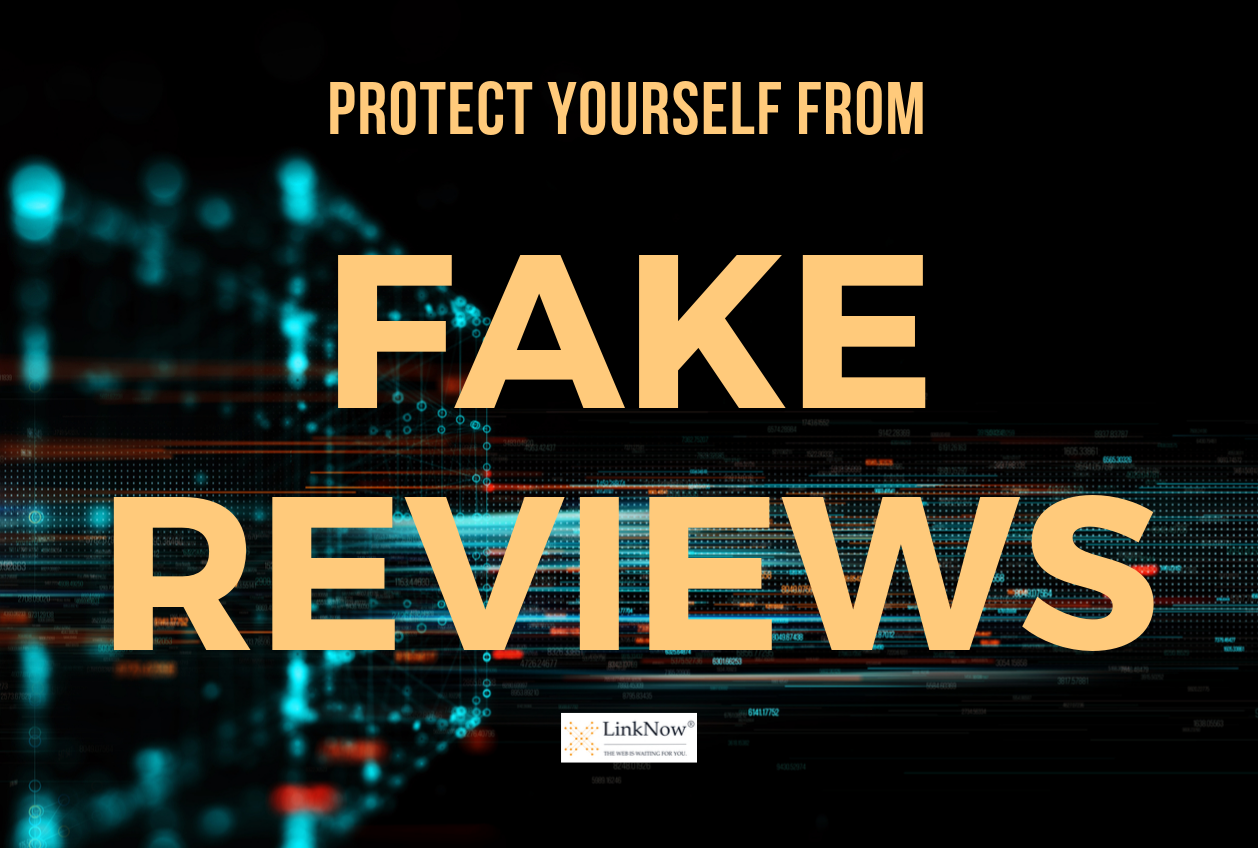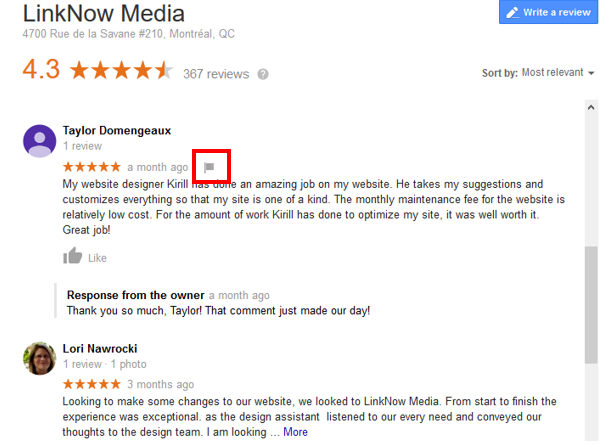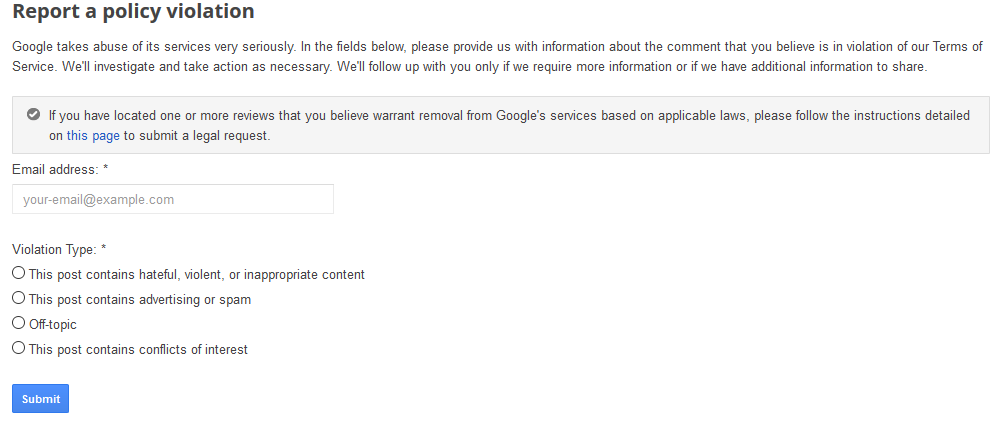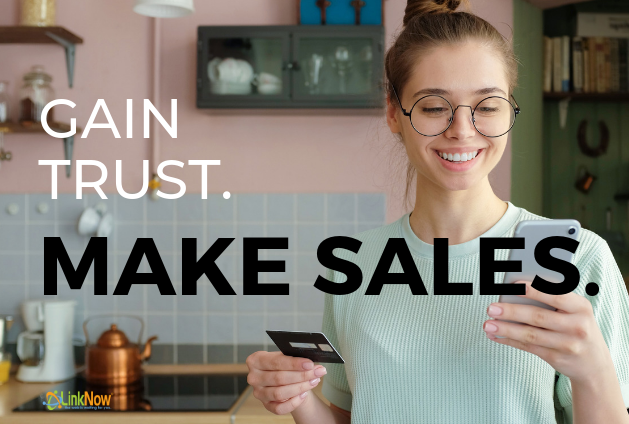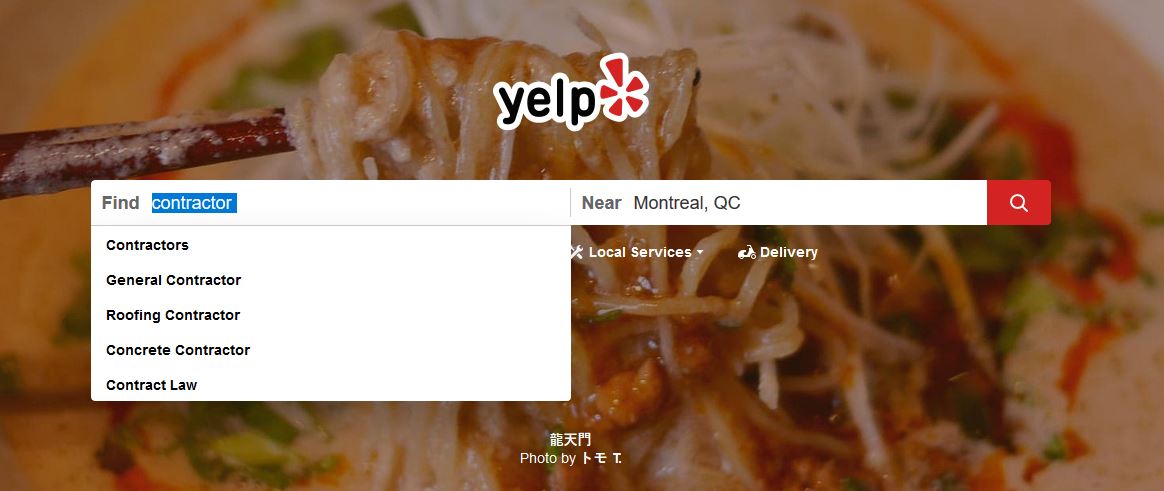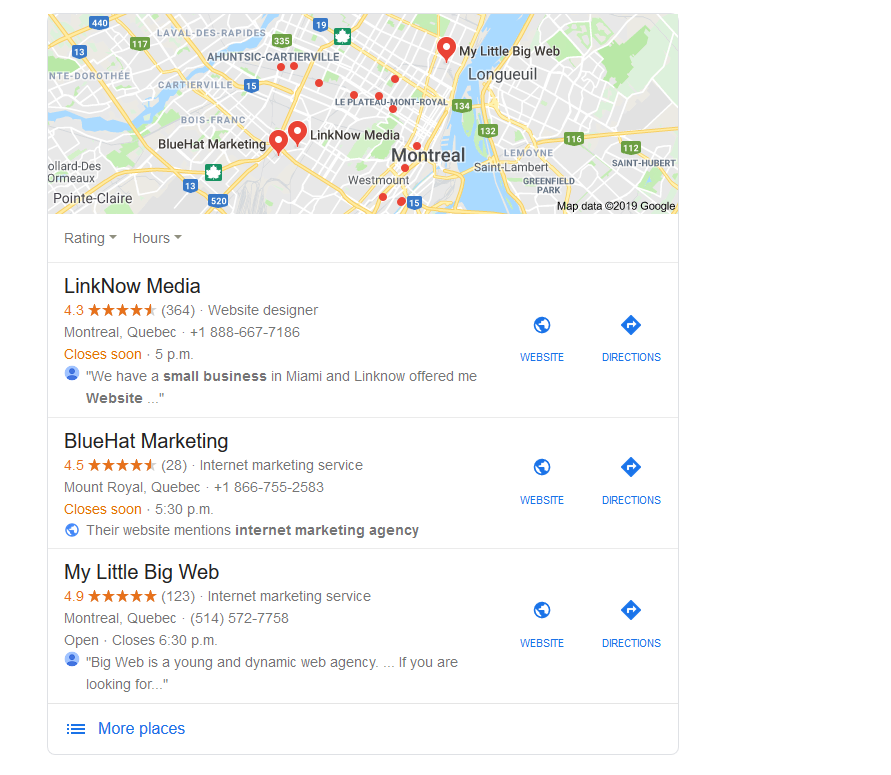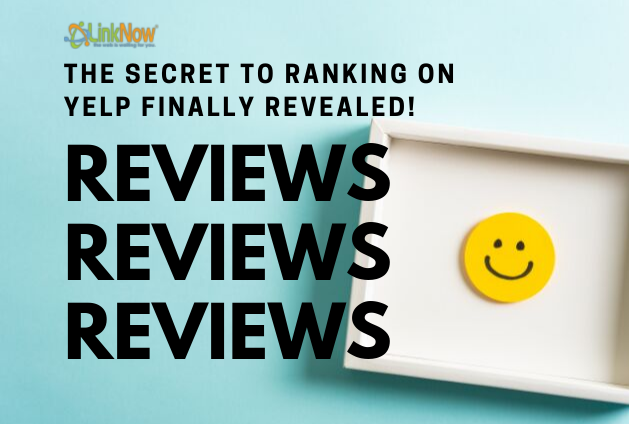By Joshua Wilson
Whether you’re a local business trying to break into the industry or a national corporation with decades of success, business and SEO experts agree that customer reviews matter.
Not only do customer reviews affect SEO rankings, but they also create an impact on prospective customers. An active, healthy review profile can demonstrate your willingness to engage with your customers and positively impact your reputation. They can also help you calibrate and refine your services to satisfy customers better.
Here are some simple tips from LinkNow to help you get reviews for your local business!
Why Reviews Matter
Before we jump into our helpful tips for growing your business’s reviews, we should clarify why exactly customer reviews matter.
While it’s undeniable that good recommendations can positively impact undecided customers, negative feedback and constructive criticism can be valuable as well. In fact, having positive and negative reviews can be equally helpful in demonstrating your company’s ability to manage conflict and address gaps in your service.
With this in mind, taking steps to secure customer reviews can have a far-reaching impact on your business and reputation. Here are some reasons why reviews matter:
Establish Social Proof
Social proof is a psychological concept that refers to the human tendency to copy the behavior of others in certain situations. When customers see that someone else is satisfied with a service, they’re more likely to choose the same service. Reviews can function as social proof and give credibility to your company over a competitor.
Increase Business Visibility and SEO Ranking
Having a good number of reviews on Google and other websites can make your business easier to find and increase your rank on Google Search. The more reviews you have, the more likely you’ll show up when someone is looking for your service.
While this is only one piece of the larger SEO puzzle, it never hurts to have more reviews. If you are looking for an easy way to boost your ranking, consider asking more clients to leave an online testimonial.
Reviews Generate New Leads
Perhaps it goes without saying, but good reviews are a powerful tool for converting potential customers to work with you over your competitors.
Consider your own process for finding a service provider: are you more likely to work with a company with 100 five-star reviews or a business with zero reviews and no online presence?
Increase Customer Loyalty
Reviews can be an excellent resource for engaging with your customers and listening to their concerns. Whether the review is negative or positive, responding to customer feedback can make them feel valued and personalize your brand.
The more satisfied your customers are, the more likely they’ll return to you the next time they need your service/product.
How to Get Reviews for a Local Business
So, we now know that reviews are important, but how do you go about getting them?
The answer is simple: ask and encourage your customers.
Unless you happen upon a very active Yelp or Google Business user, chances are your customers may not even consider leaving a review. Making an effort to build up your reviews may seem awkward, or you may worry about annoying your customers, but if you don’t ask, chances are you won’t receive them.
However, we’re not suggesting you should stop every customer on the way out the door and beg for a positive review. We encourage discretion and have a few tips for getting reviews without bugging your clients.
Don’t Be Afraid to Ask
As we said, if you don’t ask, you won’t receive. No matter how exceptional your service is, many customers won’t offer to leave a review unprompted. There’s nothing wrong with asking for customer reviews—just make sure you’re polite and asking the right clients.
Send Digital Follow-Ups
This is a great strategy for targeting a wider range of customers and prevents you from putting customers on the spot. Scheduling follow-up emails, texts, or posting on your socials can gently remind your customers that you appreciate and value their feedback.
Plus, this is a great way to receive reviews from customers who are happy with your service but may not think to leave a review on their own.
Attach the Request to Your Email Signature / Printed Materials
Adding a link for reviews to your email signature and a QR code to official company materials can prompt your customers to leave a review while minimizing the amount of work required by them.
Build Relationships with Your Clients
While this may seem like a no-brainer for savvy business owners, building relationships with your customers increases their loyalty and makes them more likely to recommend your service to their peers.
It’s also much easier to ask a client to leave a review when you have a relationship with them. The volume of your reviews matters, but so does their quality. Personalized reviews can go a long way in building up your social proof and generating new leads.
Make Sure You Respond to all Reviews – Even Negative Ones
This last point is crucial: make sure you respond to all reviews!
Even if it’s just a quick thank you, responding to your customers can demonstrate your willingness to listen to your customers and express how much you appreciate them.
The same applies to negative reviews. You can use a less favorable review to show your ability to change or highlight your accountability and honesty.
What NOT to do
Before ending, here are a few basic rules we encourage all our customers to abide by:
- Don’t pay for reviews
- Don’t leave fake reviews (for yourself or your competitors)
- Don’t delete negative reviews
- Don’t ignore your reviewers
Need Help Getting Reviews? LinkNow Media Can Help!
If you’re having difficulty getting customers to leave reviews, the team at LinkNow can help. Not only do we boast a positive online reputation, but we also have a review generation tool to help your business thrive online.
Our tool is simple to use, and our team will happily walk you through it.
Did you find this post helpful? Let us know in the comments below!






